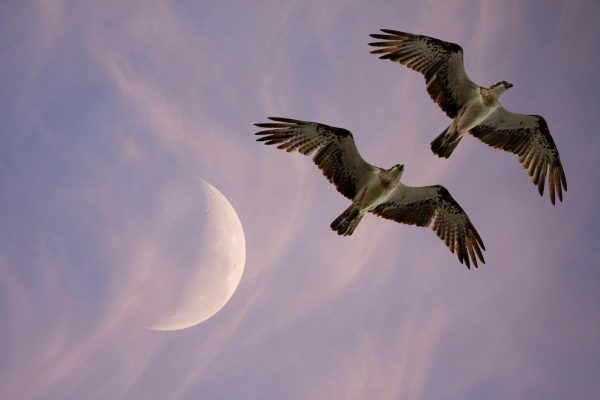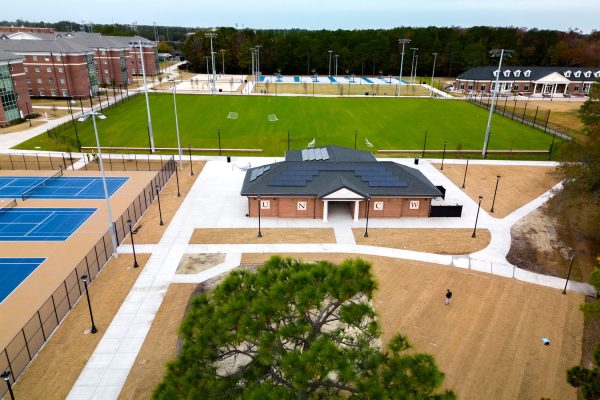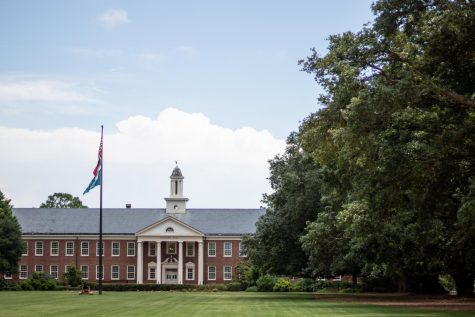North Carolina Dove Season opens
September 12, 2001
Each year at the beginning of fall, hunters statewide can be found gearing up in local sporting good stores for the dove season ahead. The 2001 season got off to a soggy start, as rain covered much of the state on September 1, opening day.
For those who managed to find a break in the clouds, opening day brought plenty of shooting. Freshman Charlie Dempsey was one of those who found success on his opening hunt.
“I killed my limit in about two hours,” Dempsey said.
In North Carolina, a daily bag limit of 12 birds is imposed to ensure the continuing success of the sport.
Hampstead resident Lee Bunch was not quite as lucky as Dempsey, as he fought the weather on opening day.
“There were good birds when the rain stopped, but only two [hunters] were able to kill their limit,” Bunch said. Bunch was still able to enjoy the opening day festivities with a cookout following the hunt.
The opening week of dove season in North Carolina carries limitations on hunting time, setting legal hours from noon until sunset. In the hours prior to noon, many hunters can be found passing the time cooking out, telling tales of hunts gone by, or anything to ease the anticipation of the hunt ahead.
Following the opening week of the dove season, hunters then are allowed to hunt from dawn until sundown throughout the season.
Cornfields have become a favorite hunting location for many; however, other grains such as millet or sunflower can be as effective. It is important that cornfields be cut before hunting to attract birds to feed. Many hunters who own land even disk their fields numerous times in weeks prior to opening day in hopes to bring high numbers of doves.
For those hunters looking for a good hunting spot, the North Carolina Wildlife Resources Commission has prepared public game lands by planting grain. Maps of these locations can be acquired at any location that sells state hunting licenses. Hunters can also find “pay-per-hunt,” locations, often printed in local newspapers. For these hunts, there is a fee for each sportsman who wishes to hunt.
Northeastern parts of the state, such as Halifax County have traditionally been a hot spot for dove hunting action; however, birds can be found statewide.
Commonly a 12-gauge shotgun is used for dove hunting, although some sportsmen prefer a less powerful 20-gauge to increase the challenge of the hunt. Number seven or eight shot load is most ideal for dove, giving the hunter the optimal amount of shot and powder.
North Carolina requires a hunting license for all hunters over the age of 16, which can be purchased at many outdoors shops and department stores in the area.
No matter what the skill level of the hunter, dove hunting is a wonderful way to experience the gifts of nature in the state of North Carolina.
“Just the sport of sitting out there and watching the birds fly right over you is a great experience,” Dempsey said, explaining his enjoyment of dove hunting.
For the many who share in Dempsey’s sentiment for the sport, fall dove hunting will continue to be a pastime of North Carolinians for ages to come.





















